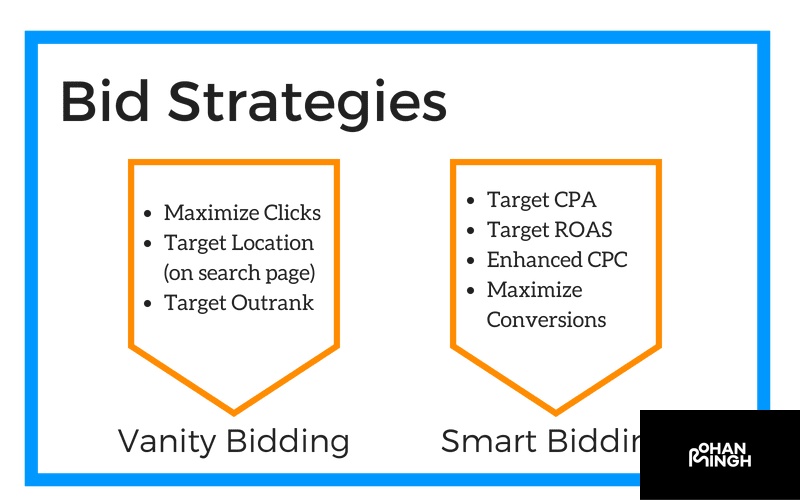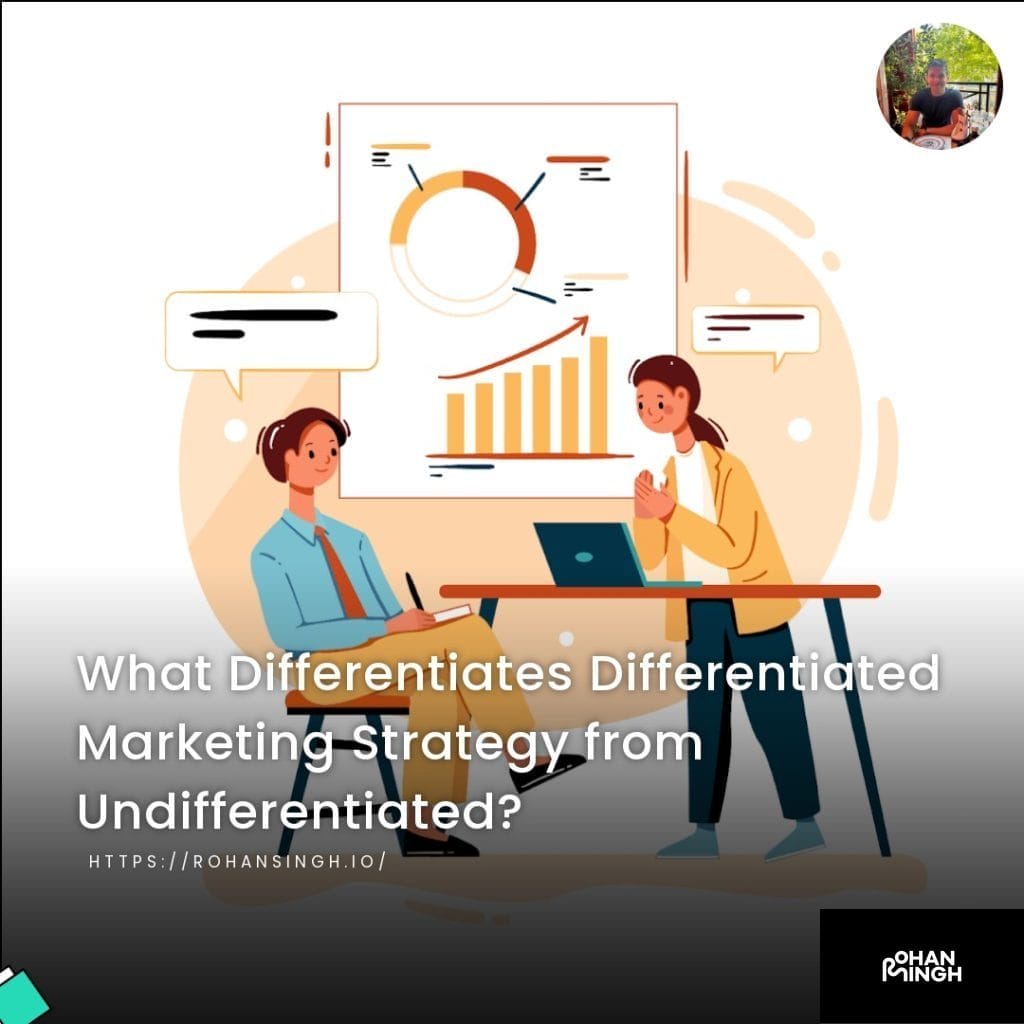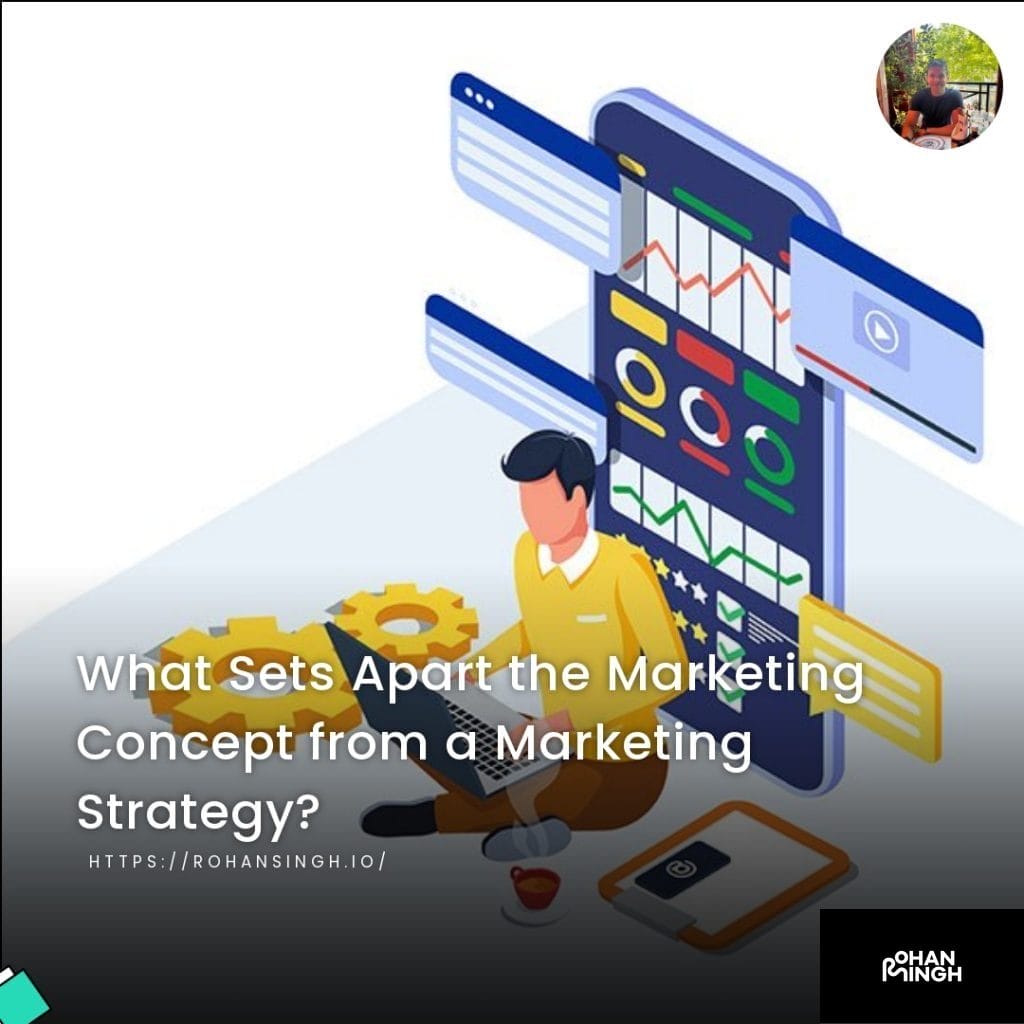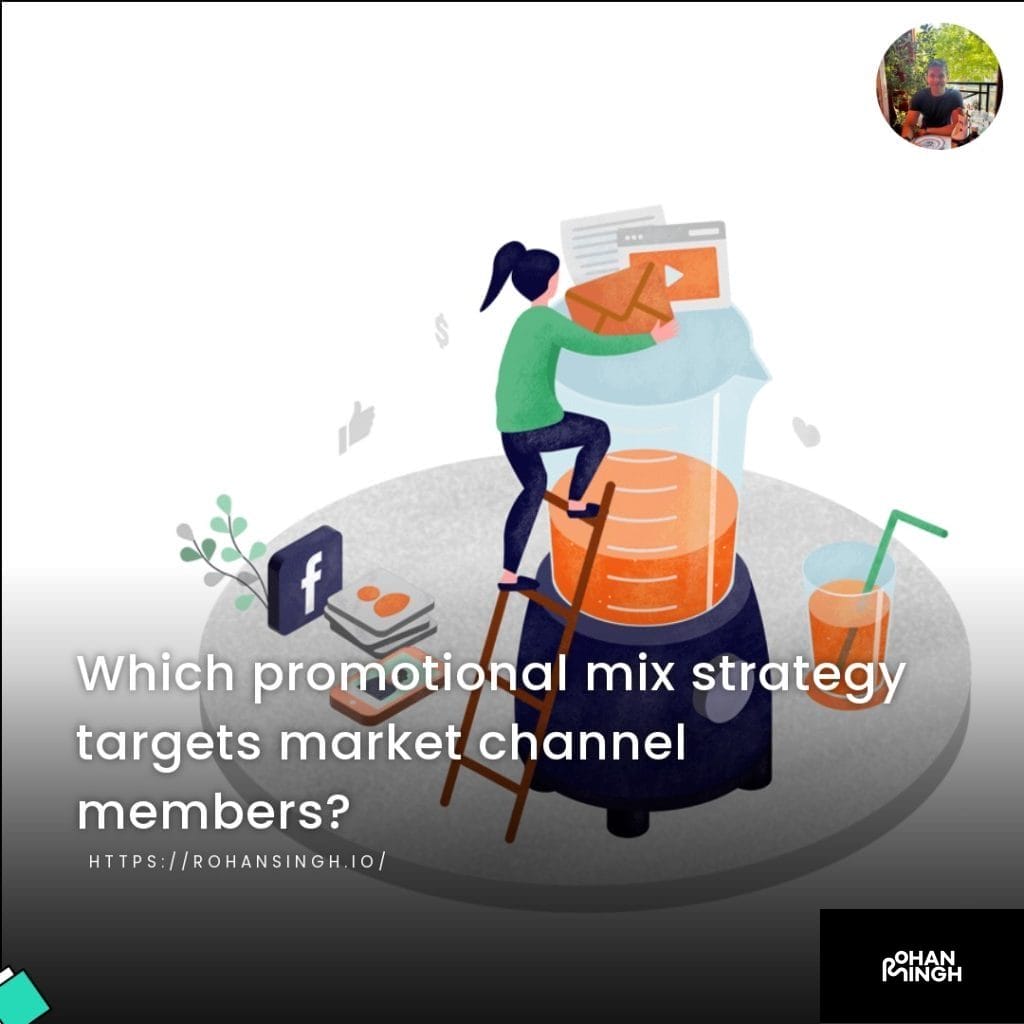Want to Safeguard Your Paid Search Campaigns? Discover Proven Strategies Here!

What is Paid Search?
Paid search, also known as pay-per-click (PPC) advertising, is a search engine marketing strategy that allows businesses to display their ads prominently in search engine results. With paid search campaigns, advertisers bid on specific keywords relevant to their products or services, and they pay only when someone clicks on their ads. This advertising model offers businesses a targeted and cost-effective way to reach their target audience and drive traffic to their websites. By leveraging platforms like Google Ads and Bing Ads, businesses can optimize their paid search campaigns to maximize their visibility, increase conversions, and ultimately achieve their marketing goals.
Table of Contents
ToggleBenefits of Paid Search
Paid search campaigns offer several benefits that can greatly enhance your marketing efforts. One of the key advantages is the ability to reach customers when they are actively engaged and searching for a solution. Unlike other forms of advertising, paid search allows you to target your ads to specific search queries, ensuring that your business appears as the best solution for their needs.
A high click-through rate (CTR) is another advantage of paid search. A higher CTR not only attracts more potential customers to your website but also contributes to a lower cost per click. This means that you can achieve better results while saving costs. Additionally, a high CTR improves your ad’s Quality Score, which helps to secure better ad positions in search engine results.
To ensure the success of your paid search campaigns, it is crucial to periodically review and optimize your campaign. By analyzing campaign performance and making data-driven decisions, you can enhance your targeting and keyword strategy, resulting in improved conversion rates. Furthermore, staying updated with the latest trends and innovations in paid search can give your campaigns a competitive edge.
To achieve these benefits, there are various tools and applications available that can assist you in managing and optimizing your paid search campaigns. Google Ads, for instance, allows you to create and manage your campaigns while providing valuable insights into search query data and campaign performance. Other tools like keyword planners and analytics platforms can help you refine your keyword strategy and track the success of your campaigns.
Paid search campaigns offer numerous advantages, including reaching actively engaged customers, achieving a higher click-through rate, and continuously optimizing your campaign for better results. By leveraging these benefits and utilizing the right tools, you can position your business as the best solution for your target audience’s needs and achieve a higher return on your investment. So, don’t miss out on the opportunities that paid search can bring to your business.
Let's talk about your future project!
Eager to collaborate on your upcoming endeavor? Let's explore and ignite the potential of your next big idea, shaping a promising future together!
Identifying and Tracking Goals
In order to keep your paid search campaigns safe and maximize their effectiveness, it is important to identify and track your goals effectively. By setting clear objectives and monitoring their progress, you can ensure that your campaigns are aligned with your business goals and delivering the desired results. This article will provide best practices to help you identify and track goals for your paid search campaigns, allowing you to optimize your strategies and achieve better ROI.
1. Set Clear and Measurable Goals:
Before launching your paid search campaigns, define your ultimate goal. Whether it’s increasing website traffic, generating leads, or boosting sales, having a clear objective will guide your campaign strategies. Ensure that your goals are specific, measurable, achievable, relevant, and time-bound (SMART), enabling you to track progress effectively.
2. Track Key Metrics:
Identify the key metrics that align with your goals and track them consistently. These metrics may include click-through rates (CTR), conversion rates, cost per conversion, return on investment (ROI), and more. Utilize tools like Google Ads, analytics platforms, and tracking codes to gather data and analyze campaign performance.
3. Utilize Conversion Tracking:
Implement conversion tracking to measure the actions users take on your website after clicking on your ads. This will provide valuable insights into the success of your campaigns and help you optimize accordingly. Tools like Google Ads Conversion Tracking or third-party platforms can assist in tracking conversions accurately.
4. Use Tracking URLs:
Utilize tracking URLs to monitor the sources of traffic and the effectiveness of different campaigns or channels. By appending parameters to your URLs, you can track specific campaigns, keywords, or ad groups, gaining valuable data on which efforts are driving the best results.
Remember, identifying and tracking your goals for paid search campaigns is essential for optimizing performance and ensuring a favorable return on investment. Regularly analyze the data and make data-driven decisions to refine your strategies and maximize the impact of your paid search campaigns.

Establish Your Objectives
Setting clear objectives for your paid search campaigns is crucial for their success. By aligning your goals with your target audience’s needs, you can maximize the effectiveness of your campaigns and achieve better results. Here’s how to establish your objectives and measure them effectively:
1. Define Clear Goals: Start by identifying the main objectives of your paid search campaigns. Do you want to increase brand awareness, generate leads, promote a specific offer, drive sales, or boost website traffic? Clearly define your goals to guide your campaign strategies.
2. Align with Target Audience Needs: Understand your target audience and their needs. This will help you tailor your campaigns to resonate with them and drive better engagement. Conduct thorough keyword research and consider user intent to identify relevant keywords that align with your audience’s search queries.
3. Measure Effectiveness with Key Metrics: To measure the success of your paid search campaigns, track key metrics that align with your goals. For brand awareness, monitor impressions and reach. For lead generation, track conversion rates and cost per conversion. For sales, measure ROI and average order value. And for site traffic, analyze click-through rates and bounce rates.
4. Utilize Tools and Applications: Make use of tools like Google Ads, Google Analytics, and third-party applications to gather data and analyze campaign performance. Track and optimize your campaigns based on the insights provided by these tools.
Setting clear objectives for your paid search campaigns is essential for driving better engagement and achieving your marketing goals. By aligning your objectives with your target audience’s needs and measuring their effectiveness using key metrics and tools, you can optimize your campaigns for maximum impact.
Set Up Key Performance Indicators (KPIs)
Setting up key performance indicators (KPIs) in your paid search campaigns is crucial to track the success of your advertising efforts. KPIs help you measure and evaluate the performance of your ads, keywords, and audience targeting, enabling you to make informed data-driven decisions. By tracking KPIs, you can assess the effectiveness of your paid search campaign and optimize your strategies for better results.
Some essential KPIs to consider for your paid search campaigns include:
1. Click-through Rate (CTR): By monitoring CTR, you can measure the percentage of people who click on your ads after seeing them. This metric helps gauge the relevance and appeal of your ad copy and creative.
2. Conversion Rate: Conversion rate helps measure the percentage of users who complete a desired action on your website, such as making a purchase or filling out a form. It indicates the effectiveness of your landing pages and targeting strategies.
3. Cost per Conversion: By tracking the cost per conversion, you can assess the efficiency of your advertising spend. This metric allows you to evaluate the profitability of your campaigns and optimize your budget allocation.
4. Return on Investment (ROI): ROI measures the revenue generated from your paid search campaign compared to the total cost of running the campaign. It helps determine the profitability and effectiveness of your advertising efforts.
Tools and applications like Google Ads, Google Analytics, and third-party solutions provide comprehensive data and insights to track these KPIs. Leveraging these tools allows you to monitor the performance of your paid search campaigns, identify areas for improvement, and make data-driven optimizations to achieve your campaign goals.
Track and Monitor Results Regularly
To ensure the success of your Paid Search Campaigns, it is crucial to track and monitor their results regularly. By doing so, you can identify key areas for improvement and make data-driven adjustments to optimize your campaign performance. Here are some best practices to help you effectively track and monitor your paid search campaigns:
1. Review Campaign Performance: Regularly review your campaign performance to gain insights into its effectiveness. Analyze key metrics such as click-through rate (CTR), conversion rate, cost per conversion, and return on investment (ROI). This data will help you understand the impact and success of your campaigns.
2. Monitor Key Metrics: Keep a close eye on the key metrics mentioned above to track your campaign’s progress over time. Utilize tools or applications such as Google Ads, which provide in-depth reporting and analysis features. Set up automated reports to receive regular updates and stay informed about the performance of your paid search campaigns.
3. Make Data-Based Adjustments: Use the data gathered from monitoring key metrics to make informed adjustments to your campaigns. Identify underperforming ads, keywords, or targeting options and optimize them. Experiment with different ad variations, landing pages, and bidding strategies to identify the most effective combination for your target audience.
4. A/B Test Different Elements: A/B testing is a valuable technique to evaluate the performance of different campaign elements. Test different ad variations, landing page designs, targeting options, and bidding strategies to identify what resonates best with your audience. Use tools like Optimizely or Google Optimize to conduct A/B tests and measure the impact of each variation on your campaign performance.
By regularly tracking, monitoring, and making data-based adjustments to your paid search campaigns, you can maximize their effectiveness and achieve your campaign goals. Remember to always stay informed about the latest trends and best practices in paid search advertising to stay ahead of the competition.

Setting the Right Budgets for Ads
When it comes to running successful paid search campaigns, setting the right budgets is crucial. Having a clear understanding of your advertising goals and allocating sufficient funds to your campaigns can make a significant impact on their effectiveness. To begin, start by studying your campaign performance data to gain insights into the average cost per conversion and click-through rates. These metrics will help you determine how much you should invest in your campaigns to achieve your desired results. Utilize tools like Google Ads and their reporting features to monitor your campaign’s key metrics and track your progress over time. By keeping a close eye on your campaign performance, you can make data-based adjustments and allocate your budgets more effectively to optimize your return on investment. Remember to continuously review and adjust your budgets based on the performance of your paid search campaigns to ensure you’re maximizing the value of your advertising spend. With the right budgeting strategies in place, you can drive better results and achieve your marketing objectives.
Estimate Cost Per Click (CPC) Rates
Estimating Cost Per Click (CPC) rates is crucial for planning and managing paid search campaigns effectively. CPC rates determine the amount advertisers pay when their ads are clicked, making it essential to understand the factors that contribute to these rates.
Bidding strategies play a significant role in determining CPC rates. Manual bidding allows advertisers to set the maximum amount they are willing to pay for a click. Automated bidding strategies, like target cost per acquisition (CPA) or maximize conversions, rely on machine learning to optimize bids based on campaign goals.
Competition also affects CPC rates. In highly competitive industries or during peak times, advertisers may need to increase their bids to maintain visibility. Monitoring and adjusting bids regularly help navigate evolving competition.
Quality Score, calculated based on ad relevance, landing page experience, and expected click-through rate (CTR), factors into CPC rates. Higher Quality Scores can lead to lower CPC rates, making it essential to optimize campaigns to improve this metric.
To research and calculate CPC rates, tools like Google Keyword Planner prove invaluable. This tool provides data on estimated CPC for specific keywords in different locales, helping advertisers evaluate keyword choices based on their advertising budget.
Setting realistic CPC rate expectations is crucial for effective budget management and campaign success. Consider the desired campaign goals, available budget, and industry-specific benchmarks when setting CPC rate goals. Regular monitoring and adjustments based on campaign performance ensure optimal results.
By understanding the factors impacting CPC rates, leveraging bidding strategies, and utilizing tools like Google Keyword Planner, advertisers can estimate and manage CPC rates more effectively in their paid search campaigns.

Consider Time of Day and Device Bidding Strategies
Paid search campaigns can greatly benefit from considering time of day and device bidding strategies. These strategies help optimize ad spend and improve relevance for the target audience, ultimately leading to higher conversions and return on investment.
Time of day bidding allows advertisers to adjust their bids based on specific hours or days when their target audience is most active. This is crucial because user behavior and search intent can vary at different times. For example, retail businesses may experience higher conversions during weekends or evenings when people have more free time to browse and make purchases. By utilizing time of day bidding, advertisers can allocate their budget more effectively and bid higher during peak hours to maximize their ad visibility.
Similarly, device bidding involves adjusting bids based on the type of device used by the audience. With the prevalent use of smartphones, it is essential to optimize ads specifically for mobile devices. Device bidding enables advertisers to bid differently for mobile, desktop, or tablet users, ensuring that the ad is presented in the most relevant format for each device. For instance, a responsive search ad can adapt and display differently to fit a mobile screen compared to a desktop screen.
To determine the most effective time and device bidding strategies, advertisers should monitor key metrics and KPIs. These include click-through rates (CTRs), conversion rates, cost per conversion, and overall campaign performance. By analyzing these metrics, advertisers can identify patterns and trends that indicate when and on which devices their ads perform best. This data helps inform bidding decisions, allowing advertisers to allocate their budget towards the most effective times and devices for their target audience.
Considering time of day and device bidding strategies in paid search campaigns is crucial for optimizing ad spend and improving relevance. By analyzing key metrics and adjusting bids accordingly, advertisers can achieve better campaign performance and ultimately reach their campaign goals.
Use Automated Bidding Strategies Where Appropriate
Paid search campaigns can greatly benefit from the use of automated bidding strategies, specifically Google’s Smart Bidding. This automated bid strategy utilizes machine learning algorithms to optimize for conversions or conversion value, allowing advertisers to achieve their campaign goals more effectively.
Smart Bidding utilizes advanced machine learning algorithms to analyze contextual signals, such as device, location, time of day, and even the operating system of the user. These algorithms take into account vast amounts of data to make faster, more accurate bidding decisions. This results in improved campaign performance and increased return on investment.
One of the key benefits of Smart Bidding is the range of performance controls available to advertisers. Advertisers can set specific bid limits or modify the strategy’s parameters to align with their campaign goals. This level of control allows advertisers to customize their bidding strategy to achieve the desired results.
Additionally, Smart Bidding provides robust performance reporting tools. Advertisers can access detailed insights on campaign performance, such as impression share, top performing keywords, and bids. This data allows advertisers to make informed decisions and optimize their campaigns further.
By using automated bid strategies like Smart Bidding, advertisers can take advantage of machine learning algorithms to maximize conversions or conversion value. This not only saves time and effort but also yields better campaign results.
Monitor Campaign Performance Based on Budget Allocation
Paid search campaigns require careful monitoring and optimization to ensure maximum results and return on investment. One critical aspect of monitoring campaign performance is budget allocation. By effectively managing your budget, you can make sure you are getting the most out of your advertising efforts.
To monitor campaign performance based on budget allocation, start by leveraging tools and applications like Google Ads. These platforms provide detailed analytics and reporting features that allow you to track key performance indicators, such as click-through rates, conversion rates, and cost per conversion. By regularly reviewing this data, you can identify trends and patterns to optimize your campaigns further.
Regularly reviewing and analyzing data is crucial as it helps identify underperforming keywords, audience segments, or ad placements. Armed with this information, you can reallocate your budget to focus on more profitable keywords or target a wider audience. For instance, you can identify long-tail keywords with higher conversion rates and allocate more budget towards them to drive better results.
It is important to optimize advertising efforts regularly based on the insights gained from data analysis. Adjust bidding strategies, pause or remove underperforming ads, and refine your keyword lists to increase campaign effectiveness. By allocating budget to the best-performing ads and keywords, you maximize the impact of your advertising dollars.
Monitoring campaign performance based on budget allocation is essential for improving the success of your paid search campaigns. By regularly reviewing and optimizing your advertising efforts, you can identify opportunities for improvement, reallocate resources as needed, and ultimately achieve better campaign results.

Creating Effective Ads and Landing Pages
Paid search campaigns can be an effective way to drive targeted traffic and increase conversions. To create effective ads and landing pages that maximize the impact of your campaigns, it’s important to consider several best practices. By leveraging tools and applications like Google Ads and regularly reviewing and analyzing your campaign performance data, you can optimize your advertising efforts. This allows you to allocate your budget towards profitable keywords and target a wider audience. Additionally, adjusting bidding strategies, pausing underperforming ads, and refining your keyword lists can further increase the effectiveness of your campaigns. With these practices in place, you can create compelling ads and engaging landing pages that attract your target audience and drive conversions.
Develop a Relevant Ad Copy & Image Ideas
When it comes to running successful paid search campaigns, one of the most crucial factors is developing a relevant ad copy and image ideas. These elements play a significant role in attracting users, increasing click-through rates, and ultimately driving conversions. Here are some best practices to consider:
1. Focus on Benefits: Rather than emphasizing the features of your product or service, highlight the benefits that users will experience. Research shows that ads showcasing benefits have a higher chance of resonating with the audience and compelling them to click. Understanding your target audience and their pain points will help you craft an ad copy that addresses their needs.
2. Eye-Catching Image Ideas: People are naturally drawn to engaging visuals, so selecting compelling images is essential. Make sure your images align with your brand and product or service. Use high-quality images that accurately represent what you’re offering. A/B testing different images can help identify the most effective ones for your audience.
3. Clear Call to Action (CTA): A clear and compelling CTA is crucial to prompt users to take action. Whether it’s “Buy Now,” “Sign Up Today,” or “Learn More,” your CTA should be straightforward and action-oriented. Place it strategically within your ad copy to ensure it doesn’t get overlooked.
To develop a relevant ad copy and image ideas, conduct thorough keyword research using tools like Google Keyword Planner. This will help you identify relevant keywords to incorporate into your ad copy, improving its visibility and reach.
Remember, relevance and personalization are key to capturing your target audience’s attention. By focusing on benefits, using eye-catching images, and including a clear CTA, you can optimize your paid search campaigns for higher conversion rates and ultimately achieve your business goals.
Design Engaging Landing Pages for Target Audience
Designing engaging landing pages for your target audience is crucial for maximizing conversions in your paid search campaigns. A well-crafted landing page can captivate users, convey your message effectively, and ultimately drive them to take the desired action. Here are key elements that should be included in a PPC landing page:
1. Strong Headline: Grab the attention of your audience with a compelling headline that clearly communicates the value proposition of your offer. Use emotional triggers or relevant statistics to engage users from the moment they land on your page.
2. Clean Design: Keep your landing page visually appealing and clutter-free. Use a clean layout, aesthetically pleasing colors, and high-quality imagery to create a professional impression.
3. Responsive Form: Make it easy for users to convert by incorporating a responsive form that is prominently displayed on the landing page. Limit the number of required fields to minimize friction and optimize the user experience.
4. Specific Copy: Craft concise and persuasive copy that expands on the offer promised in your PPC ad. Clearly highlight the benefits and unique selling points of your product or service, addressing the pain points of your target audience.
To ensure the effectiveness of your landing page, follow these best practices:
1. A/B Testing: Continuously test different variations of your landing page to identify the most effective elements. Test headlines, images, forms, and copy to refine your approach and improve conversion rates.
2. Seamless User Experience: Optimize your landing page for fast loading speeds, mobile responsiveness, and intuitive navigation. Eliminate any barriers that could prevent users from converting, such as broken links or confusing layouts.
Remember, the ultimate goal of your landing page is to convert visitors into customers. By focusing on these elements and following best practices, you can create a compelling and engaging landing page that drives conversions for your paid search campaigns.

Use Social Proof in Ads to Increase Clicks & Conversions
Paid search campaigns are a valuable tool for businesses to drive traffic, increase clicks, and boost conversions. However, in a highly competitive online landscape, it’s important to capture users’ attention and build trust to persuade them to take action. One effective way to achieve this is by incorporating social proof in ads.
Social proof refers to the influence and validation that individuals derive from the behavior and opinions of others. Including social proof in ads can significantly impact the success of a paid search campaign. According to a study conducted by BrightLocal, 92% of consumers read online reviews before making a purchase, and 88% trust those reviews as much as personal recommendations.
By using social proof in your ads, you can tap into this consumer behavior and build trust with potential customers. Including customer reviews, ratings, and testimonials in your ads gives users confidence in your product or service, increasing the likelihood of clicks and conversions. Additionally, endorsements from influencers or social media platforms can also serve as powerful social proof.
To effectively incorporate social proof, consider using tools or applications that collect and display customer reviews or ratings directly in your ads. This allows potential customers to see positive feedback at a glance, instantly building trust and credibility. A/B testing different types of social proof can also help identify the most effective elements for increasing clicks and conversions.
Leveraging social proof in your paid search campaigns is crucial for increasing clicks and conversions. By showcasing customer reviews, testimonials, and social media endorsements, you can build trust with potential customers and persuade them to take action. Start implementing social proof in your ads today to maximize the success of your paid search campaigns.
Conclusion
In conclusion, continuous PPC optimization is vital for the success of your paid search campaigns. By focusing on the key elements of creating effective PPC ads and landing pages, you can significantly improve your campaign’s performance. Incorporating social proof, such as customer reviews and testimonials, is one way to build trust with potential customers and increase click-through and conversion rates. Tools and applications that collect and display customer feedback directly in your ads can help showcase social proof and enhance credibility.
Regular analysis and adjustments are also essential for maximizing your PPC marketing efforts. By closely monitoring campaign performance, analyzing search terms and keyword strategy, and adjusting bidding strategies and ad content, you can optimize your campaigns for better results. Emphasizing the importance of time of day analysis and manual bidding can help stretch your advertising budget and improve cost per conversion.
To take advantage of wider audiences and reach new potential customers, consider utilizing lookalike audiences and exploring advertising opportunities on social media platforms and Apple Search Ads. This can help expand your reach and increase brand visibility.
Ultimately, the key to successful paid search campaigns lies in constant monitoring, analysis, and adaptation. By following best practices and regularly optimizing your PPC campaigns, you can achieve higher click-through rates, conversions, and ultimately, a better return on investment.
FAQs
What is paid search and why is it important for my business?
Paid search, also known as pay-per-click (PPC) advertising, is a marketing strategy where businesses pay to display their ads on search engine results pages. It is crucial for your business because it allows you to reach your target audience when they are actively searching for products or services similar to what you offer. This targeted approach increases the chances of conversion and generates more qualified leads.
How do I set up key performance indicators (KPIs) for my paid search campaign?
Setting up KPIs is essential to measure the success of your paid search campaigns. Start by identifying your campaign goals, such as increasing website traffic, boosting conversions, or improving brand awareness. Then, determine the metrics that align with your goals, such as click-through rates, conversion rates, cost per conversion, or return on investment. Establishing specific, measurable, attainable, relevant,
and time-bound (SMART) KPIs will provide you with clear benchmarks to track and evaluate your campaign’s performance.
How can I track and monitor the results of my paid search campaigns?
There are several tools and applications available to track and monitor the results of your paid search campaigns. Google Ads provides robust analytics and reporting features that give you insights into click-through rates, conversion rates, and search terms. Google Analytics can help you understand user behavior on your website. Additionally, third-party tools like SEMrush, Moz, or Ahrefs offer comprehensive data on keyword rankings, search volumes, and competition. By regularly analyzing this data, you can make data-driven decisions and make adjustments to optimize your campaign’s performance.
How do I estimate the cost-per-click (CPC) rates for my paid search campaign?
Estimating CPC rates involves researching the keywords you want to target and assessing their competitiveness. Tools like Google Keyword Planner can provide data on search volumes and the average CPC for specific keywords. By conducting thorough keyword research and understanding the demand and competition, you can estimate the CPC rates for your campaign. It is important to evaluate the potential ROI of keywords and choose those that align with your budget and campaign goals.
Similar articles about Acquisition Strategy:
Ready to Plan Your Dream Trip with ChatGPT Vacation Planner?, Want to Experience the Magic of Third-Party ChatGPT Plugins?, How can Efficient Project Management Boost Your Success?, Looking to Boost Your YouTube Views? Use ChatGPT for Top-Notch Video Optimization!
Are You Leveraging SEO Audits to Win More Clients?, Ever Thought of Starting an AI Career? Discover How Today!, Can SEO Propel Your Store to 1 Million Monthly Visitors?, How Can Google Bard Supercharge Your SEO Content Strategy?
Eager to Multiply Local Business Reviews from Travelers?, Which is the Best AI Chatbot? A Head-to-Head Comparison of ChatGPT, Claude 2, Bing Chat, and Google Bard, Want a Game-Changer in SEO? Have You Tried AI and Chrome Extensions Yet?,
Can AI-Powered Growth Spark Your Business Acceleration and Digital Transformation?, Ready to Achieve SEO Mastery and Stand Out in the Digital World?, Ready to Dominate the Future? How Can You Kickstart Your AI Data Science Career Today?, Want to Dominate Google SERP? Learn How to Supercharge Your Content Strategy!, Have You Explored the ChatGPT Android App Yet?
Ready to Supercharge Your Business? Harness the Power of Always-On PPC Strategy Now!, Are You Choosing the Right Digital Agency for Your Business? Discover the 5 Key Considerations!, How Can AI Marketing Tools Transform Your Social Media Career?, How Can You Dominate YouTube Rankings with SEO in 2023?
Struggling with Competitive Organic Keywords? Try Our Advanced Keyword Domination Strategy!, Want to Dominate Google Page Ranking? Discover the Secrets Here!, Can You Transform Unexpected Publicity into Opportunity with PPC?, Want to Create High-Converting Emails Fast? Have You Tried AI Copywriting & ChatGPT?
How Can You Thrive in the AI Era? A Guide to AI Survival, Want to Dominate Google's First Page? Discover the Essential SEO Ranking Factors, How to Implement Generative AI Tools Safely and Ethically? Navigating the Ethical AI Implementation Quandary, Ready to Scale Your Career? How to Learn Growth Marketing in 6 Transformative Steps
Ready to Launch Your Career? How to Land Your First Digital Marketing Job: A Must-Read Guide for Freshers!, Want to Safeguard Your Paid Search Campaigns? Discover Proven Strategies Here!, Looking to Boost Your WordPress SEO with AI? Here are 12 Tools You Can’t Miss!, Want to Boost Your Google Rankings? Master SEO Strategies to Hit #1 Now!
How Can AI SEO Revolutionize Your Online Strategy?, Are Your High Schoolers Ready for the AI Wave?
What Marketing Strategy Did Cheetos Employ for Plants vs. Zombies Collaboration?
Rohan Singh | May 1, 2024 | Acquisition What Marketing Strategy Did Cheetos Employ for Plants vs. Zombies Collaboration? Background on Cheetos Cheetos, a popular brand of cheese-flavored snacks, has made a name for itself with its bold and playful marketing strategies. Known for its irreverent and creative campaigns, Cheetos has consistently found unique ways […]
What Marketing Strategy Did Cheetos Employ for Plants vs. Zombies Collaboration?
Rohan Singh | May 1, 2024 | Acquisition What Marketing Strategy Did Cheetos Employ for Plants vs. Zombies Collaboration? Background on Cheetos Cheetos, a popular brand of cheese-flavored snacks, has made a name for itself with its bold and playful marketing strategies. Known for its irreverent and creative campaigns, Cheetos has consistently found unique ways […]
What Differentiates Differentiated Marketing Strategy from Undifferentiated?
Rohan Singh | April 30, 2024 | Acquisition What Differentiates Differentiated Marketing Strategy from Undifferentiated? Definition of Differentiated Marketing Strategy A differentiated marketing strategy is a targeted approach that focuses on creating unique products or services to meet the specific needs and preferences of different customer segments. It recognizes that customers have diverse tastes, preferences, […]
What Sets Apart the Marketing Concept from a Marketing Strategy?
Rohan Singh | April 29, 2024 | Acquisition What Sets Apart the Marketing Concept from a Marketing Strategy? Definition of Marketing Concept The marketing concept is a philosophy that places the customer at the center of all marketing activities. It focuses on understanding the needs and wants of the target market and delivering value to […]
Which promotional mix strategy targets market channel members?
Rohan Singh | April 28, 2024 | Acquisition Which promotional mix strategy targets market channel members? When it comes to promoting a product or service, companies utilize various strategies to reach their target audiences. One key strategy that directs marketing efforts toward market channel members is known as trade promotion. Trade promotion is a type […]
Should charter schools adopt regional or national marketing strategies?
Rohan Singh | April 27, 2024 | Acquisition Should charter schools adopt regional or national marketing strategies? Purpose When it comes to marketing strategy in the field of charter schools, two broad approaches can be taken: regional and national. Each approach has its purpose and benefits depending on the goals and aspirations of the charter […]
Share :






